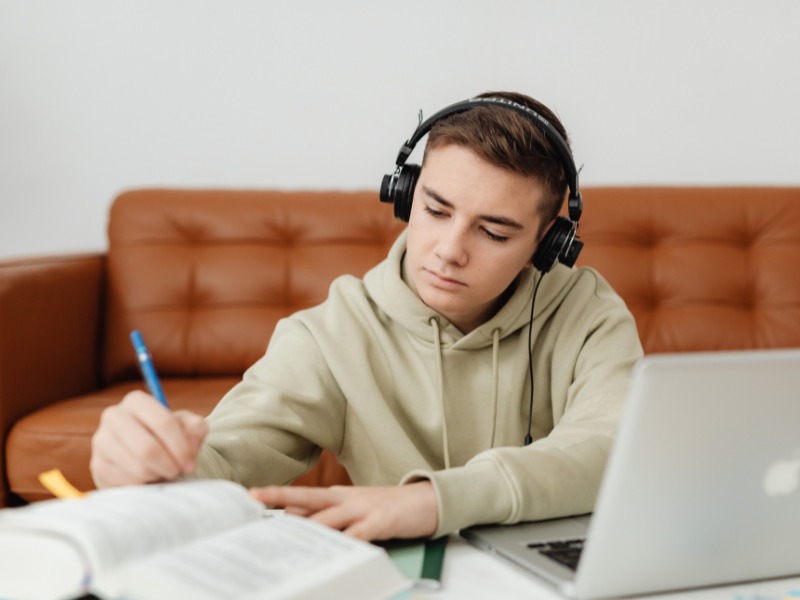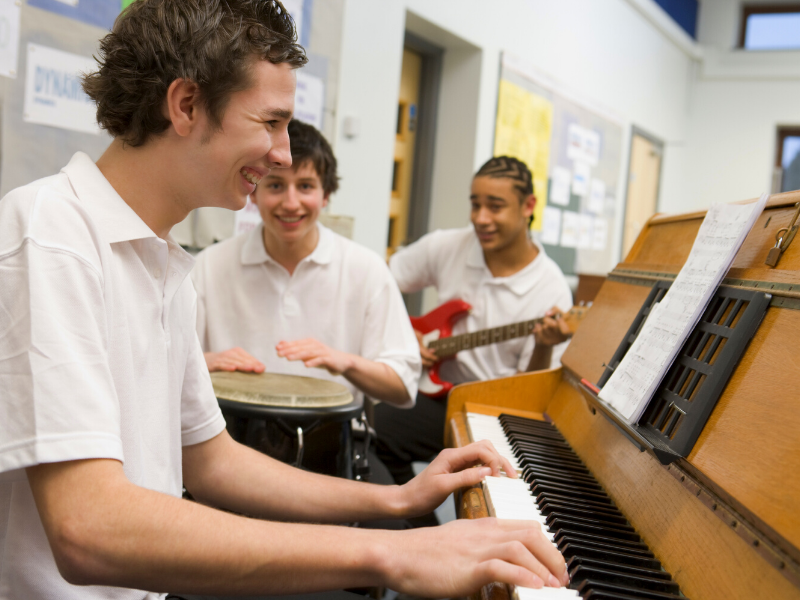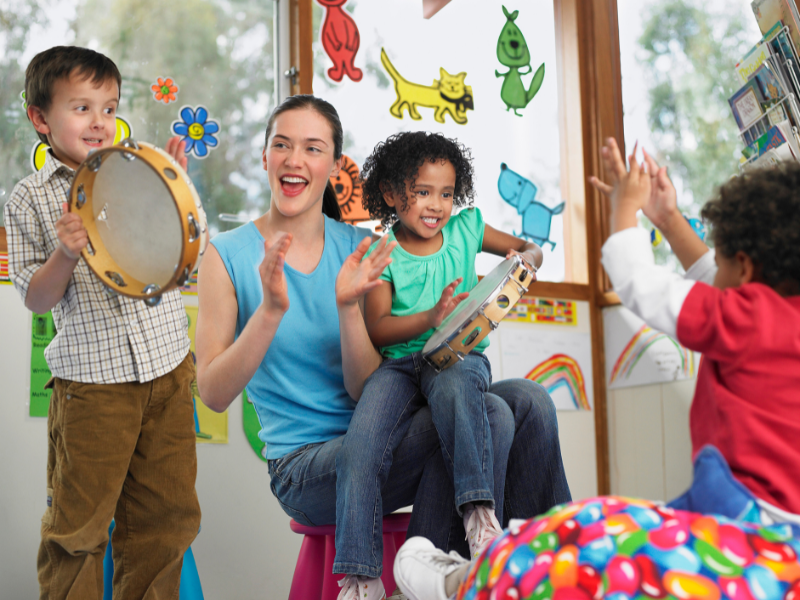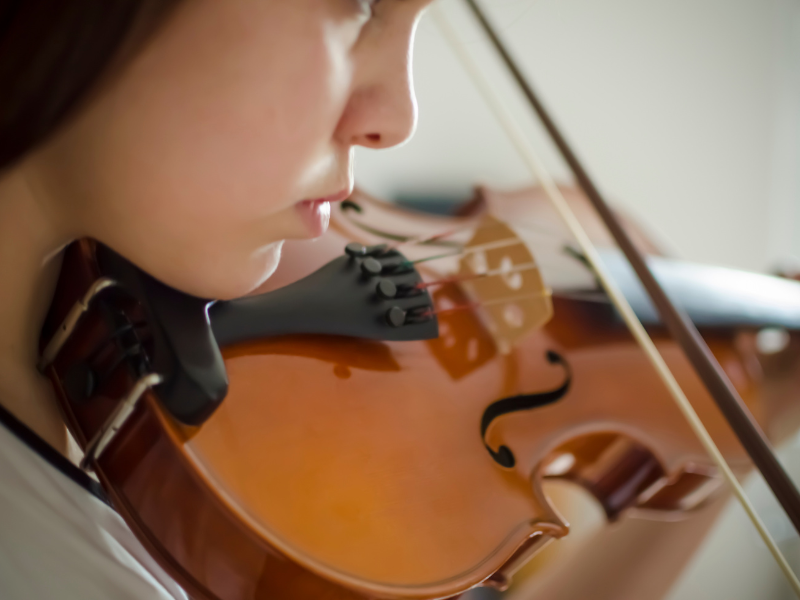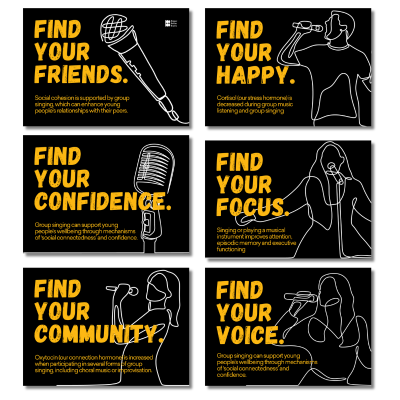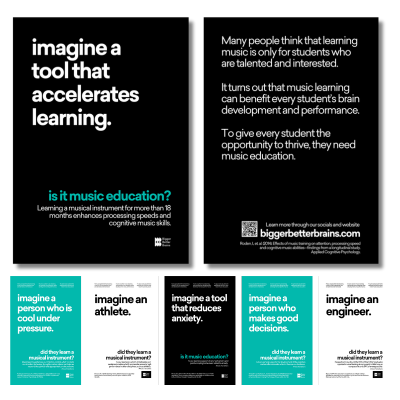
Research Updates

Here at Bigger Better Brains we believe that through educating yourself, you can then educate and affect positive change in your community.
With all of the research in the field of neuromusical science, our BBB Research section serves as a content hub for you. We regularly share findings and break down the latest research to educate and inspire discussion. We hope you enjoy this page on our website and share BBB news with your colleagues, parents and students.
- Advocacy
- Ageing
- Aging
- Attention
- Auditory Processing
- Cognitive Health
- Communication
- Community
- Dyslexia, Autism & ADHD
- Early Childhood
- Executive Function
- Fireworks
- Impulse Control
- Language & Literacy
- Memory
- Music Learning
- Music Listening
- Neural Development
- Parents
- Personality
- Productivity
- Prosocial Behaviour
- Prosody
- Reading
- Rehabilitation
- Research Bites
- Research Methods
- Research Quick Reads
- Reward
- Singing
- Social Skills
- Video
- Wellbeing & Therapy
- Working Memory
Top 7 questions asked by students
Founder of Bigger Better Brains, Dr Anita Collins, receives hundreds of emails from students around the world asking questions about neuromusical research. So she decided to record a short video about the most asked questions she has received.
Music learning is the cheapest diagnostic tool you can find!
Music learning is the most effective way, both in terms of time and impact, to prime the brain for language learning.
How Music Primes the Brain for Learning
This article delves into the transformative impact of music education, particularly for underserved students, and a strategic tool for addressing academic challenges, boosting attendance, language skills, and social integration.
Music is the Jackpot!
This video contains excerpts from an ARTSpeaks event held on November 8, 2021. In this video, neurobiologist Nina Kraus explores the impact that music learning has on young students in the areas of reading skills, sound processing, language abilities, and more.
Would you want to know your musical potential?
Here is one hell of a tricky question – if your musical potential, meaning your likelihood of being successful at learning music (whatever that really means) could be measured, would you want to know?
Challenge your brain with different music!
This study looks at how our brains engaged with familiar and unfamiliar music. Turns out our brains sustains engagement with music that is unfamiliar.
Why does white matter matter?
You have probably heard of grey matter but have you heard of white matter? White matter in our brain is tissue composed of nerve fibres.
Starting music at 6 years old supercharges the brain
Here is one of those research sentences that are so useful when we are explaining how music learning impacts on every child’s development.
Active Music Learning Infographic
Does all music learning enhance brain development? This is an important question as we examine the research around the impact of music learning on the brain.
Orff-based music training induces plasticity in the developing brain
Which music education method is best? This is a question we receive often at BBB and the answer is, we are not sure yet. The reason why we aren’t sure just yet is that there has not been an exhaustive amount of research on any one method of music teaching.
Music learning and literacy
“It’s about how we spend the money”. That was the catch cry of a number of politicians this week when the preliminary results from NAPLAN were released. Senator Birmingham was referring to the disappointing return on their investment in education. So Senator, what are we spending the money on?
Does music training improve a child’s maths and reading skills?
A great article from Dr Nina Kraus, one of the leading researchers in the neural encoding of speech and music.
Getting to the bottom of music and reading
This study is important because it is trying to get to the bottom of the neural development of the auditory and motor networks. It is, however, building on the research from musically trained children and reading.
Boost your child's reading skills in just 10 minutes a week
10 minutes of music learning a week for 10 weeks can improve reading skills for poor readers.
Rhythm and Reading
This brand new study with beginner readers (aged 5-7) found a whole swag of connections, concluding that “rhythm skills and literacy call on overlapping neural mechanisms, supporting the idea that rhythm training may boost literacy in part by engaging sensory‐motor systems”.
Rhythm is a multidimensional skill set
To keep a beat, our brains have to get the auditory and motor cortices to first synchronise and then maintain that synchronisation as small things change in the music. To maintain a rhythm, our brains need to do all of that plus constantly monitor how the rhythm is fitting into the beat. It looks easy, however, it is very hard.
Producing the “ideal” student through music
“Stay on task, remember what you are doing and think creatively” says every teacher in some way to their students throughout the school test. While we might know what these learning behaviours look like from the outside, do we really know what is going on inside the students brains? And how on earth can learning music help?
Music learning can change the educational life for disadvantaged students
Music has been used as an intervention around the world to help students, and inevitably whole communities, who are living in challenging circumstances.
Do teenagers know best when it comes to using music to enhance study?
Here is a question we get from parents all the time – should I let my teenager listen to music while they study?
Strings for the win!
This study followed the students for two years and measured how the different types of music learning impacted on several executive function skills.
A school transformed itself by giving every student a violin
This is where the power of the story is. It is not simply that music learning has transformed a school and its students; it is HOW it has done it.
How does drumming assist school children diagnosed with autism?
In this study, they found that 10 weeks of rock drum kit improved dexterity, rhythm, timing and the ability to maintain attention for children with autism.
Music fine tunes the autistic brain!
Autism research, as well as ADHD, dyslexia and auditory processing disorder research, are using music processing and music learning as a tool to better understand each condition.
Dyslexia is a hearing issue, not a reading issue!
Prof Usha Goswami found that “dyslexia is not caused by children reading words incorrectly, but instead, by their inability to hear the rhythm of words when they are being spoken.”
Rhythm and dyslexia
Have you ever wondered what the connection between music and dyslexia might be? Researchers in Italy have provided a good description of the connection.
Helping ADHD students through music learning
This summary could be very helpful for understanding the learning challenges faced by ADHD students in your music ensemble or classroom and also give you ideas on specific activities for focus or to help improve their skills.
Music learning is a full brain workout!
The different types of connectivity are ultimately what makes every human unique. For children and adults with autism, it has been identified that the auditory and visual areas of their brains are highly connected.
Neural Biomarkers for Dyslexia, ADHD, and ADD
The researchers built on top of the research that found that music learning could improve these “traffic black spots”. Hence, they used a music learning intervention to see if they could track changes in the auditory cortex and hemispheric activation in children with Dyslexia, ADHD and ADD.
Rhythm can predict risk of language disorders
Here is a fascinating new theoretical paper about the relationship between rhythm and language abilities. A theoretical study is one that brings together all the relevant current research and puts forward a theory of, in this case, how two concepts may be connected.



